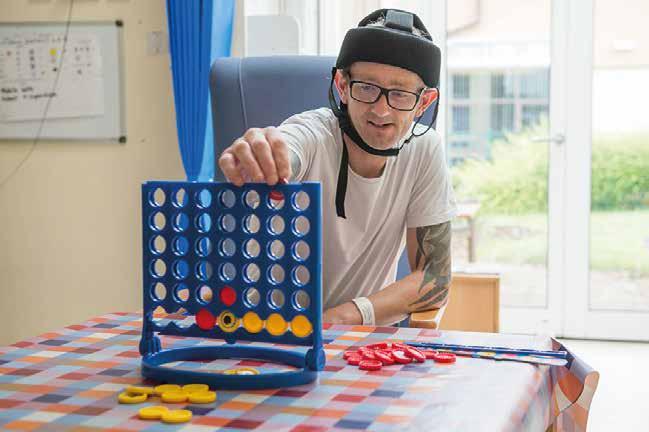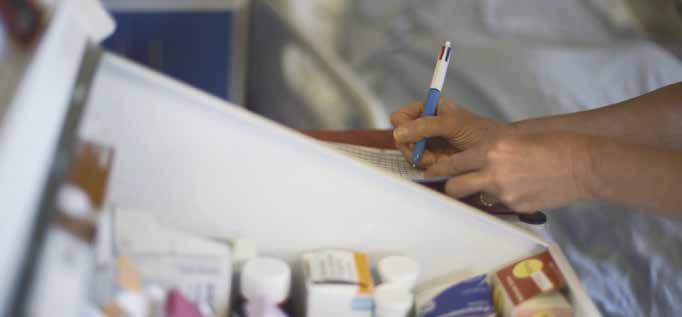
2 minute read
Raising Concerns and Safeguarding
Raising Concerns and Safeguarding Prior to starting your voluntary placement, you must complete your mandatory training that covers the safeguarding of children and The Charity Bulletin vulnerable adults. If you do have any concerns whilst on your voluntary placement, please escalate these to a senior member of staff immediately. The Volunteer Team is here to support you with any issues, please call us or email us.
Everyone has a responsibility to protect children and adults at risk from abuse and neglect. This is called safeguarding. IMPORTANT: never promise to keep a secret. You may need to pass on important pieces of information to Trust staff. Safeguarding can also be viewed as protecting yourself, as a volunteer, from risk and allegations. There are a number ways in which you can do this:
• Always ensure you are wearing your blue volunteer polo shirt.
• Always volunteer in an open environment with others around.
• Operate within the boundaries of your role. Remember; you should be friendly to patients but you are not their friend.

• Remember to respect the personal space of others.
• Do not adopt a hostile body language e.g. arms crossed, standing square to a patient or visitor.

S HOSPITALSN’EEQU &E ORGEG GNIK
Information Governance and Confidentiality The Charity Bulletin As a volunteer, you must, at all times, be aware of the importance of maintaining the condentiality of information gained during the course of your volunteering placement. This will, in many cases, include access to personal information relating to service users / patients. Volunteers must treat all information in a discreet and condential manner and particular attention is drawn to the following: • Any personally identiable information regarding patients must not be disclosed • Written records, computer records and correspondence in relation to any aspect either verbally or in writing to any of the Trust must be kept securely at all unauthorised persons. times.

• If it is necessary to share information in order to effectively carry out your role, volunteers must make sure that as far as is reasonably possible this information will be exchanged on a strictly ‘need to know’ basis, using the minimum that is required and be used only for the purpose for which the information was given. • Do not make written notes of patients.
You can easily forget to dispose of them and keep them on your person when you leave the hospital. This is a data breach.
• If you feel you may have compromised a patient’s condentiality please immediately report it to a member of the Volunteer
Team.



